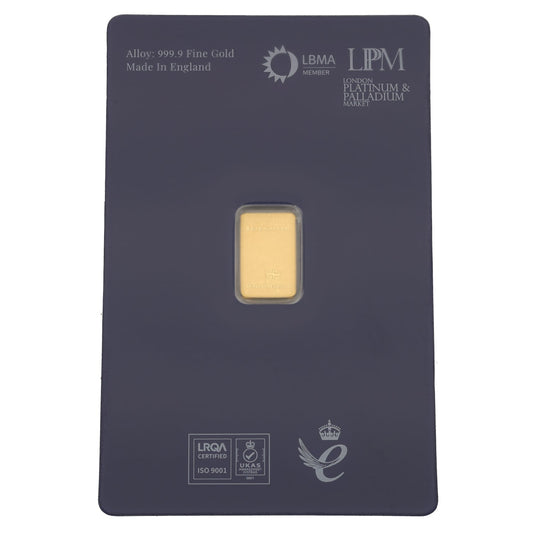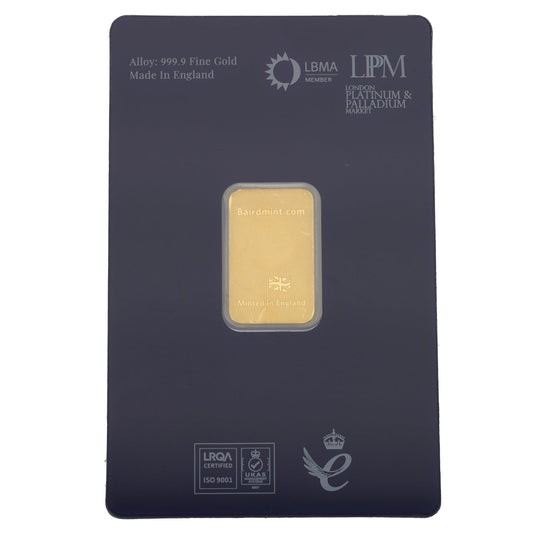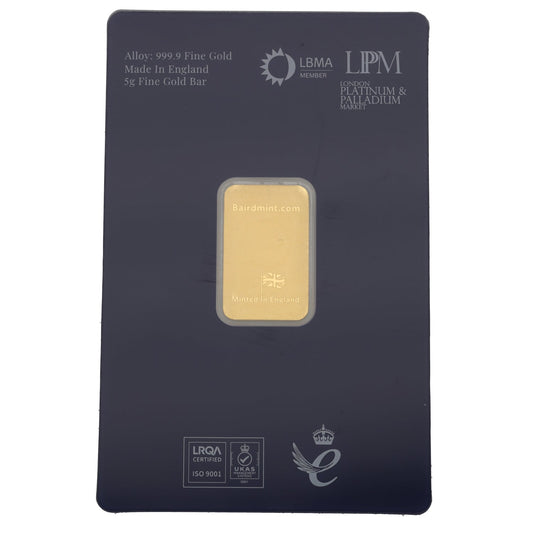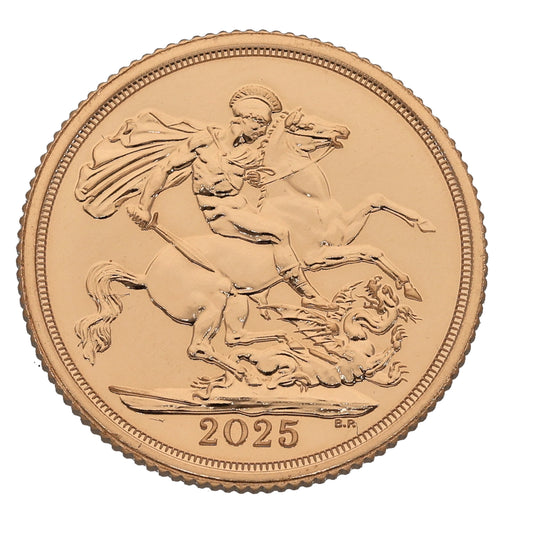Although the Autumn Budget and Spring Statement can be rather dull, it’s important for many to keep an eye on what the government is planning to implement and change about the country’s finances. These changes can and will affect each and every one of us directly in one way or another, whether that’s through changing the price of things you buy regularly, or through changes which increase or decrease your take-home pay.
This week’s Spring Statement was more of an update than a big list of financial changes, as the Autumn Budget tends to be. However, it’s still useful to take a look at what was (and was not) said as part of the speech and how you will be directly affected. Here are the main points:
A boost for new home building
It’s no secret that the UK needs to build more houses due to a chronic shortage which is affecting house prices and the amount paid in rent. The Chancellor used a sizeable portion of his speech on this subject, stating that the government is working to build 300,000 new homes per year by the mid-2020s. This is being worked out in 44 areas in the UK, and the plan is to make funding available to small housebuilders across the country so that this can be achieved.
Affordable homes are becoming increasingly difficult to find in all areas, with London being the hardest hit due to high living costs in the area. To help tackle this, £1.67billion has been pledged to help build around 27,000 new affordable houses in London by the end of 2021-22. While the British public may not see the benefits of this right away, it’s a step in the right direction and it is hoped house-building will continue along these lines to help bring living costs down for thousands of people.
National Living Wage and personal allowance set to rise
The National Living Wage is the obligatory minimum wage that employers must pay their workers. For those aged over 25 years, it’s currently at £7.50 an hour. As of April 2018, the National Living Wage is set to rise to £7.83 an hour, which is a significant rise and will make a big difference to both part- and full-time workers. For many who work full time, this will mean an additional £600 per year.
The personal tax allowance (this is the amount you can earn in a year before paying income tax) will also rise in April, to £11,850. It currently sits at £11,500, so this will have a wide-reaching impact for those on ‘low’ wages and for those who work part-time. These changes will have a direct impact on the amount of take-home-pay for millions of workers, so keep a close eye on your payslips in the coming months to see how you have benefitted.
No changes to pension legislation
There have been many changes made to pension legislation in the last few years, and some people have seen their pensions shrink, whereas others will have to wait for longer than expected to receive their payments. As the economy has changed dramatically since the 2008 recession, many have been worried about what this means for the future of their pension pots. The fact that no further changes have been announced is a relief to many who have been concerned about their future entitlements.
Lower inflation expected
Inflation is when prices rise for goods and services over time, and the current inflation level is at 3%, which shows the annual percentage rise in costs. This reduces your spending power and pushes up the cost of living, which is why many people fear high inflation levels. As part of his Spring Statement speech, the Chancellor had some good news, in that inflation is forecast to fall to 2% by the end of the year. This should help to reign in the rising costs of living, which is welcome news for many people across the UK.
Tax on single-use plastics considered
You may have noticed a big change in attitudes to single-use plastics in recent years, and it’s become clear that we all must make an effort to reduce our use of these materials. Philip Hammond has announced that a consultation will take place on how to discourage the use of these plastics, which may take the form of a tax. This will affect things like takeaway boxes, disposable cups and straws. In addition to this, £20million has been made available for universities and businesses so that they can do more research into how to reduce the environmental impact of single-use plastic in our country.
Cash review – will we lose 1p and 2p coins?
One of the more surprising announcements in the Spring Statement involved 1p and 2p coins, as well as £50 notes. The Chancellor has hinted that these familiar cash denominations may well be phased out in the coming years. Research has shown that low denomination coins are not being used very often, and tend to be saved up by consumers or even thrown away. Government surveys found that copper coins were discarded in 8% of cases, meaning their popularity with UK spenders is waning. The move towards digital payment methods is part of the reason for this possible future change, which has already been successfully implemented in many countries. Canada, for example, phased out their penny coins in 2012. This saves the government money in the long run, as low denomination coins often cost much more to make than they are actually worth.
For more information on this week’s Spring Statement, you can read the official breakdown from HM Treasury here.






























